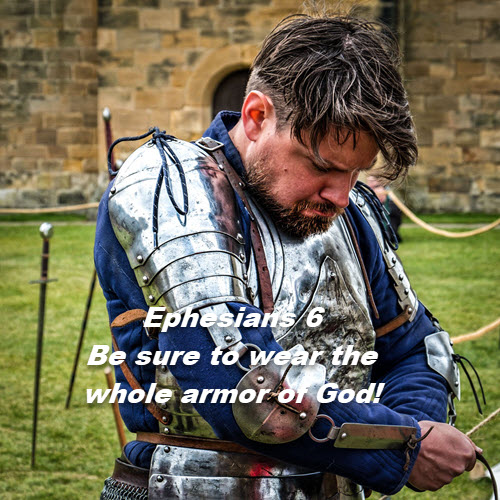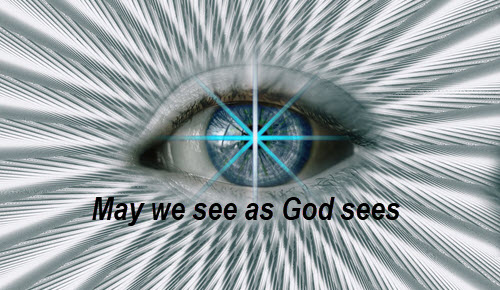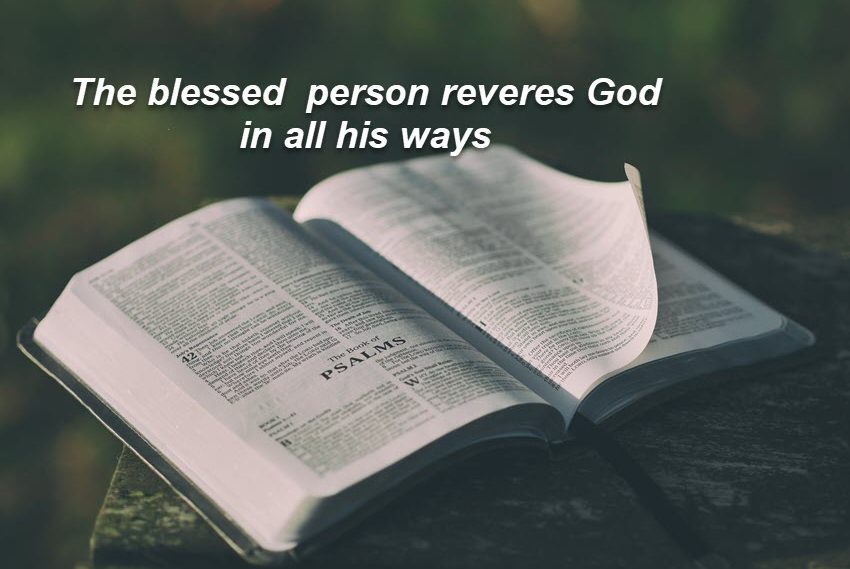Where are you in this story?
Job 38-39 God Reveals His Majesty Finally, Job hears from God but is it what he expected? Listen to God: Who is this who darkens counsel with words without knowledge? [Job 38:2] Get ready, Job, because I am going to question you. So now, God asks Job over 59 questions. Why the authors did not […]






